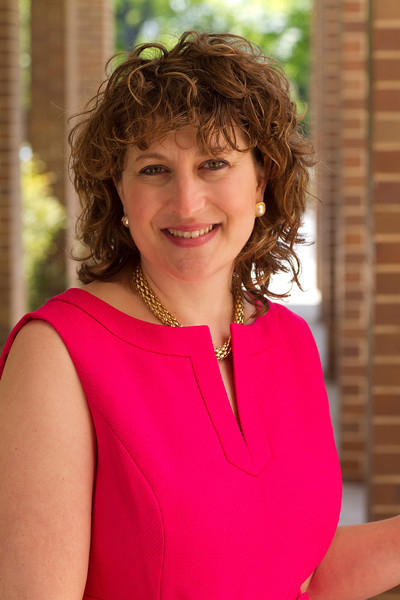
Parashat Terumah concludes with a passage about Shabbat, and this week’s portion begins with the directive to observe Shabbat. To be precise, the text tells us “on six days work may be done, but on the seventh day you shall have a Shabbat of complete rest, holy to God…” (Exodus 35:2) If we are to pay attention not only to the words in the Torah, but also to the placement of these words, then we must question as to why the Torah places the commandment to cease work on Shabbat next to the work of the Tabernacle, not once but twice.
In The Torah: A Women’s Commentary, Dr. Carol Meyers teaches that the prominent position of Shabbat as a day of rest after six days of labor is in contrast to the intensity of the work on the Tabernacle; perhaps it relates to the importance of Shabbat as part of the Israelite identity at that time.
I’m not sure I ever truly understood this idea of Shabbat as a celebration in response to the work of the week until two weeks ago, when I was spending Shabbat at the Kotel in Jerusalem. Our group had divided between the women’s section of the Kotel and the men’s side. As we were about to exit from the women’s section, we noticed a large group of very young chayalot (soldiers) forming a circle toward the back of the women’s section. In that moment, they broke out in song and dance, dozens and dozens of young girls in uniform, singing old Israeli melodies.
Their circle grew very quickly, as did their ruach (spirit). They opened the circle to include all of us, and we joined in dance and song. The circle grew to stretch out over more than half of the women’s side – truly unbelievable. When the men across the mechitzah (divider) felt the energy coming from the women’s side, some of them tried to increase their volume, but that only caused the chayalot to sing with even greater strength and pride. No one was going to stop these incredible young soldiers. We danced and sang for quite some time, like nothing I had ever experienced at the Kotel.
I learned afterward that they had just completed a challenging regiment and were celebrating their induction into the Israeli Army. I am certain that the work of their week was difficult, physically taxing and all encompassing. They may not have been busy with the building of a Tabernacle, but they were busy with the work of the Israelis in this time.
When we pause to rest on Shabbat, may we truly find rest in response to the intensity of the work we do the rest of the week; may the joy and spirit and energy of those young Israeli soldiers remind us to find our own sense of joy and spirit and energy as we observe Shabbat.
Shabbat Shalom,
Rabbi Bravo

 RSS Feed
RSS Feed
